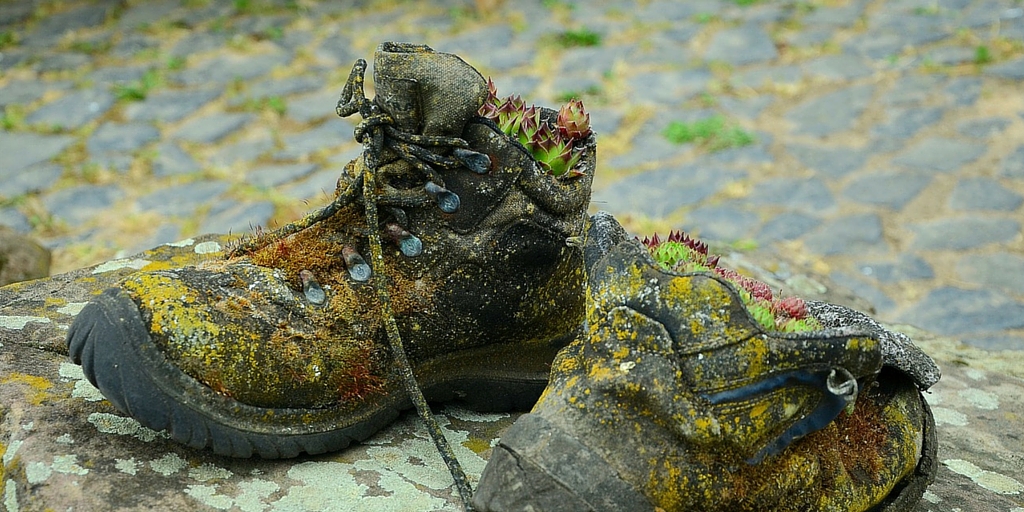I am a product of privilege.
In general, I expect to be acknowledged, treated with respect and to have my voice heard. I walk with confidence, use the language of a person who has had the opportunity for a good education, flash my insurance card that gets me good medical care and eat food, wear clothes, and attend events that I choose.
But most people don’t know the rest of the story. So here it goes.
The Rest of the Story
My father immigrated to America as a teen.
He and my mother married early, and had three children, plus another later. Dad worked really hard to make it, and my brilliant mom stayed home and raised children. Neither went to college (nobody in my family had), both went to church, and life was normal.
At 19, I rebelled.
I left the community college I was attending, left the church, married an alcoholic, moved almost 3,000 miles away from family, had a child, was separated from my husband (who disappeared and never paid child support), began to use drugs, was badly physically abused by a boyfriend, discovered that my son had been sexually abused by a man (and later, men), lived in the poorest of poor neighborhoods, sometimes collected soda bottles to have money enough to buy food, and, and, and….
In those days, I probably didn’t seem especially privileged, but I was— privileged enough to know I could change if I wanted to.
Eventually, I ploughed my way out, stopped taking drugs, began attending a local college where I met a professor who helped me find Jesus. The next week I was on my first mission trip and a few months later, I was engaged in planting my first church.
Still a single parent, I put myself through a bachelor’s degree and with the assistance of a loving church family, received a Masters of Divinity degree.
After seminary, that same church hired me as their missions minister, and together, we started numerous churches. Eventually I fell in love with an amazing man and married him after my son graduated high school. I continued on to have another child, complete my Doctor of Ministry degree, help start more churches, teach, write and blog.
This doesn’t sound like church planting, does it?
You’re right. Unfortunately, it doesn’t. How many planters are looking to plant churches among dysfunctional, abused or abusive, poor white people? It doesn’t pay the bills, does it? And how does one find indigenous core team members, trusted children’s workers, home group leaders, and credible evangelists?
Who will help counsel people and manage church finances? How does all of this happen? How do addictive persons quit their addiction to drugs and switch that addiction over to Jesus? Is it worth it? Am I worth it?
The Surprising Soil of Church
Such was I.
Not exactly church planting material. But with God, all things are possible. He gave me a new heart and put a new spirit within me. In Christ, I became a new creature; the old things passed away and new things came. Although I was formerly alienated and hostile in mind, and engaged in evil deeds, He has now reconciled me in His fleshly body through death, in order to present me before Him holy and blameless and beyond reproach. (We’re still working on that!)
I am worth it. We are worth it. The poor, oppressed, depressed and just plain messed-up are worth it. Plant churches among us. We may surprise you.
[Tweet “The poor, oppressed, depressed and just plain messed-up are worth it. Plant churches among us.”]
Discover V3 Church Planting Partnerships!
Share this Post

